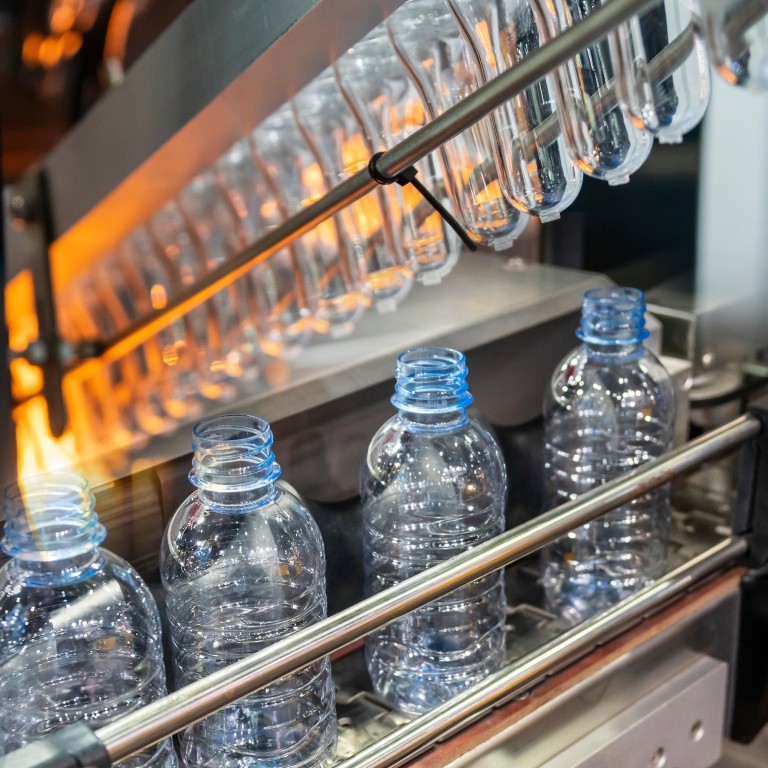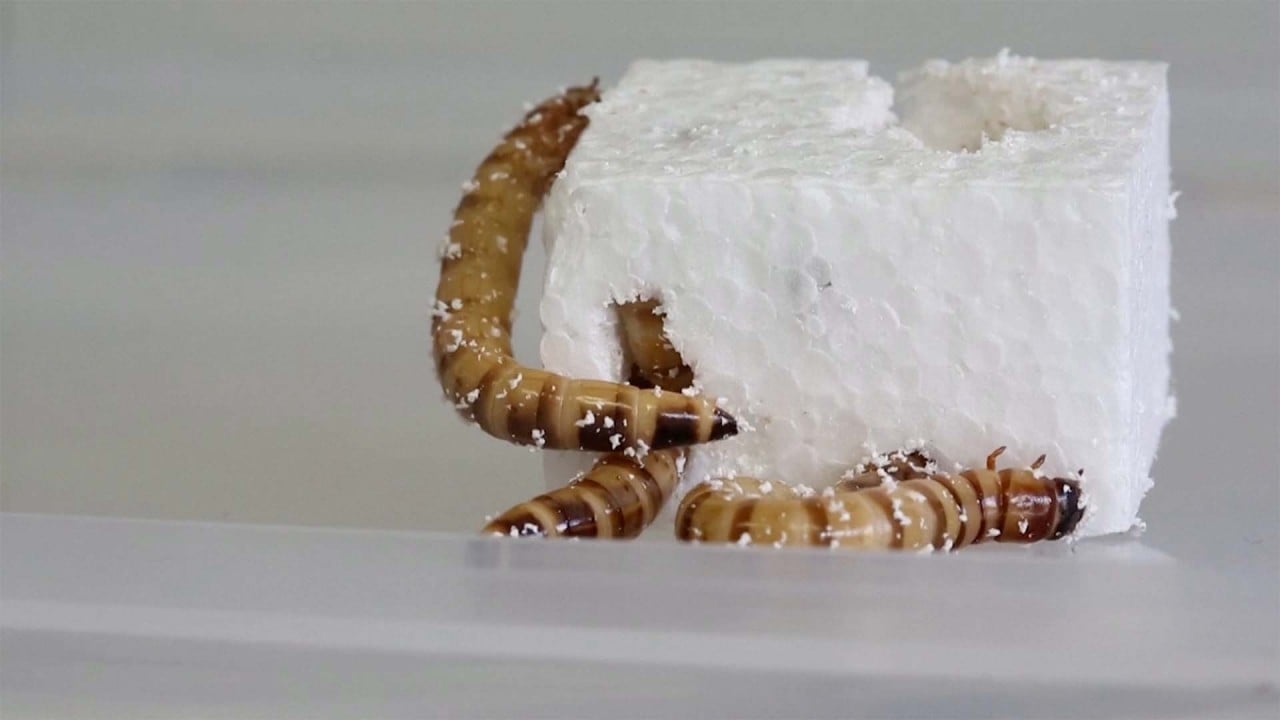
EU targets Chinese plastic exports as Brussels widens drive to counter ‘unfair’ trade practices
- Anti-dumping duties of up to 24.2 per cent will be imposed on a product used to make plastic bottles following complaints European firms are being undercut
- The move risks further inflaming tensions after the EU began an investigation into subsidies in the Chinese electric vehicle industry
Provisional duties ranging from 6.6 per cent to 24.2 per cent will be imposed on imports of polyethylene terephthalate (PET) – a substance widely used in the production of plastic bottles – from next Tuesday,, the Post has learned.
An EU investigation, launched in March after a complaint from the industry, found that there was “threat of a clear and foreseeable imminent injury” to European businesses.
EU investigators found that the “influx” of Chinese PET exports – which were being sold at less than the domestic price, a practice also known as dumping – was forcing European firms to reduce their rates accordingly.
The complaint from industry body PET Europe, cited Beijing’s own 13th Five-Year Plan and EU documents outlining Chinese state subsidies.
China’s electric vehicle imports to EU hit record level amid subsidy probe
China’s shipments of non-cellular PET to the EU rose by 43.7 per cent over the first 10 months of this year compared with a year earlier to US$114 million, according to Chinese customs statistics
Brussels is currently investigating subsidies in China’s electric vehicle sector, a move strongly criticised by Beijing, and last week further probes into the alleged dumping of titanium dioxide and mobile access equipment were announced.
Investigations covering sectors such as wind turbines, solar panels, medical devices, metals and heat pumps are also rumoured to be in the pipeline.
The proposals, which are expected to be announced before the Christmas break or by January at the latest, will also provide more details about what EU export controls on these sectors would look like.
It is thought that by “Europeanising” export controls, the bloc can avoid awkward situations, such as the recent US request that the Netherlands fall in line with its curbs on the export of semiconductor making equipment to China.
The move incensed some in Brussels and the EU’s centralised trade policy means the bloc may now have to defend the move at the World Trade Organization.
The economic security plans – billed as being halfway between a white paper and a policy proposal – will try to convince the bloc’s 27 member states of the importance of de-risking amid some scepticism.
Some member states have extreme reservations about what is seen as a power grab by Brussels and the authority for policies such as export controls has traditionally rested with member states.
Others worry about a protectionist turn at a time when the European economy is flatlining.
EU leaders fear that the sluggish Chinese economy and Beijing’s struggle to stimulate domestic demand mean that the European market will be inundated with cheap imports that cannot be sold in China.
European Commission President Ursula von der Leyen warned last week: “It is foreseeable that Chinese companies will increasingly compete on the world markets with dumping prices and thus put pressure on global competitors.
EU values-based policy will create a ‘lot of rivals’, Chinese envoy warns
“In other words, against the backdrop of the restrictive US policy, the attractive European domestic market will increasingly come into focus if we do not manage these effects carefully.”
“Facing the current chaotic world, China and the EU should remain partners of mutually beneficial cooperation. It is hoped that France will play a constructive role in promoting the positive development of China-EU relations,” he said, according to Chinese state media.


